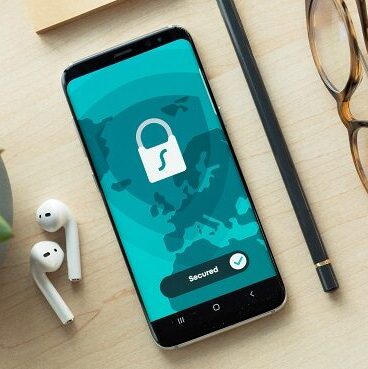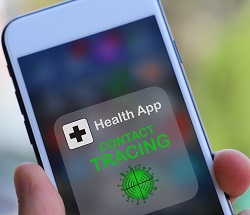
Scammers are getting craftier with their pitches by using new technology to steal your information and money. Believe it or not, most Washington consumers don’t report robocalls or fraud attempts. However, you should report any attempted scams, says Chuck Hardwood, Regional Director of the Federal Trade Commission.

Why you should report fraud…
Any efforts, whether it’s by phone, email, online, or in person, should be reported. People must tell their stories because they add pieces to the puzzle that authorities are trying to put together. The larger the picture becomes, the easier it will be for law enforcement to protect consumers. When you choose not to report fraud, you’re helping scammers.
Even if you don’t fall for a fraudsters tricks, it’s still helpful to report the situation because this crucial information can help authorities. Every story is important to them. Report scams to the Federal Trade Commission at www.ftc.gov/complaint, or with the State Attorney General’s Office at www.atg.wa.gov/file-complaint or toll-free at 877-382-4357.
Listen to the Consumer Tip Below.
Follow the link below to read more.
- Article on KomoNews.com
Get ahead of scammers










